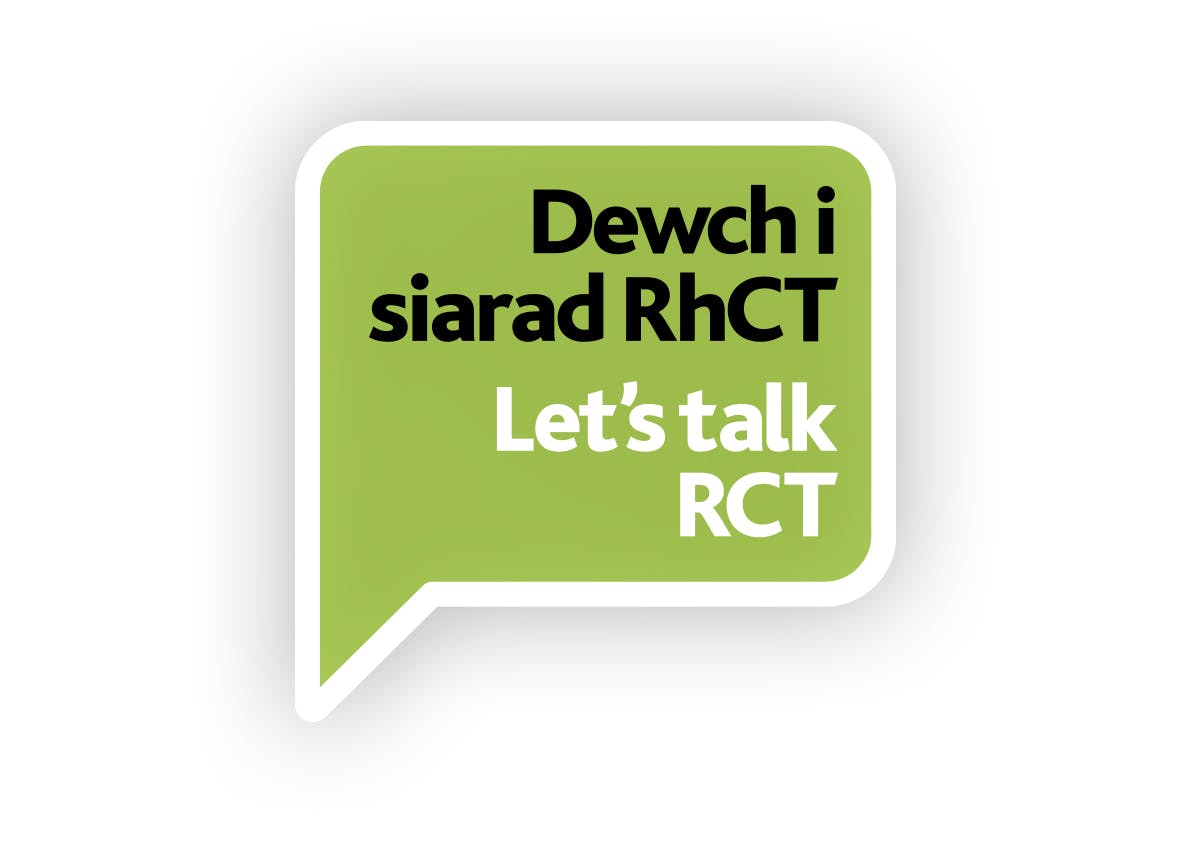Let's Talk Food Waste Recycling
Consultation has concluded
Lets talk about food waste and discover together how we can improve the services available to recycle the items we can't eat and reduce the amount we waste in the first place. You can do this by:
- Taking part in our Food Waste survey.
- Sharing with us your ideas about how we can all do more.
- Answering three questions in our quick polls.
One third of food produced globally is wasted; that is 1.3 billion tonnes of food that is never eaten.
We might not realise how much of a problem food waste is because we are blind to its effects.
When we throw our food into the bin we don’t see the harmful greenhouse gases it is going to release in the landfill. We also don’t see the fuel and resources that went into producing the food or see the people around the world who are hungry. All we see is an apple in the bin.
When we waste food, all of the resources that went into growing and making it go to waste.
Consider this:
- 25% of all fresh water consumed each year is used to produce food that goes to waste
- 300 million barrels of oil are used each year to produce food that goes to waste
UK households waste 6.5 million tonnes of food every year, 4.5 million of which is edible. We’re not talking egg shells or chicken bones... We mean the last few bites from your plate that you couldn’t quite manage, or your bread crusts, or potato peelings – all stuff which could have been transformed into something delicious.
Benefits of Recycling Food Waste
- Save money! The average family of four can save just over £60 per month – that’s £720 a year, by reducing their food waste. If you only buy the food you need, you will spend less at the supermarket.
- Reducing food waste is good for the planet, as it helps slow down global warming.
- By recycling your food waste you can reduce the amount of waste sent to landfill resulting in the reduction of landfill gasses distributed into the environment.
- Recycled food waste can be converted into beneficial compost and energy. We have our very own Anaerobic Digestion plant right here in Rhondda Cynon Taf that is run by Biogen. Over 11,000 tonnes of food waste is collected from RCT households every year and it is recycled on site in Llwydcoed and converted in to energy to power over 1000 homes.
In the latest survey carried out by Recycle for Wales, around 84% of people say they recycle their food waste in Rhondda Cynon Taf.
We’re looking at why some people still don’t recycle their food waste and how we can improve the service and ensure that we all do our bit! Small changes can make a BIG difference not just locally, but globally!
We all need to Think Climate RCT and Think Recycle!



